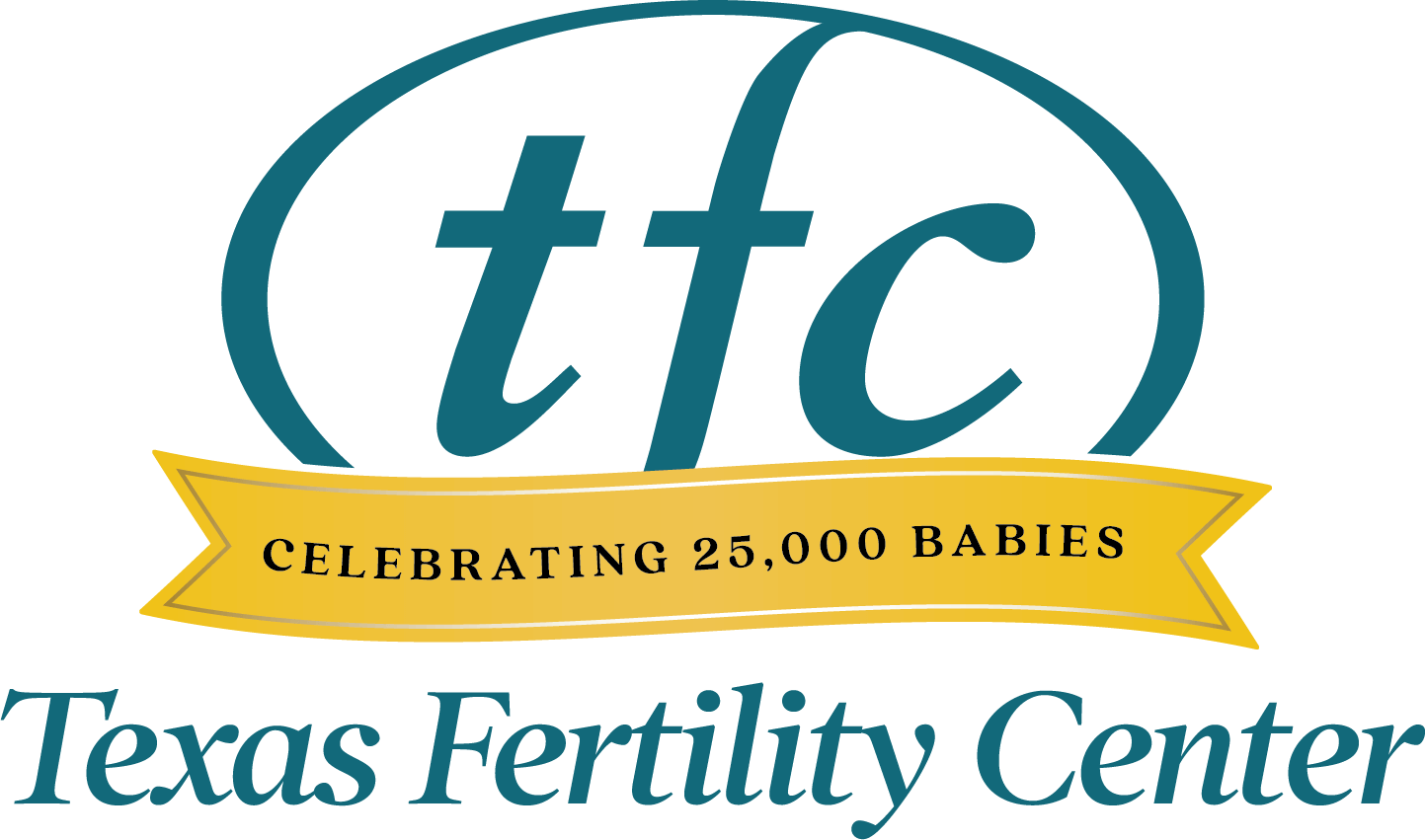
About 25 percent of couples with infertility have an ovulatory disorder.
The term “ovulatory disorders” usually means that menstrual cycles are irregular or infrequent. Fortunately, ovulatory disorders and infertility can usually be treated successfully.
Symptoms and causes of an ovulatory disorder
The main symptom of ovulatory disorders is irregular menstrual bleeding. Ovulatory disorders can be caused by problems in the regulation of reproductive hormones or by problems with the ovaries, including:
- Polycystic ovarian syndrome (PCOS) is the most common cause of female infertility, and PCOS occurs when there is a hormone imbalance caused by changes in the hypothalamus, pituitary gland and the ovaries.
- Hypothalamic dysfunction, characterized by irregular or absent menstrual periods, can occur when the two hormones that stimulate ovulation each month are disrupted. High amounts of physical/emotional stress or low body weight may contribute to this abnormality.
- Premature ovarian insufficiency is a autoimmune condition that occurs when your body attacks the ovaries or when you lose eggs prematurely due to genetic problems or environmental issues such as chemotherapy.
- Prolactin overload happens when the pituitary gland produces an excess of prolactin, which reduces estrogen production
Treatment of ovulatory disorders and infertility
Ovulatory disorders can usually be treated with fertility medications that regulate or induce ovulation. Dr. Susan Hudson has the expertise to resolve infertility issues for women who have ovulatory disorders. Call Texas Fertility Center New Braunfels today to request an appointment.



